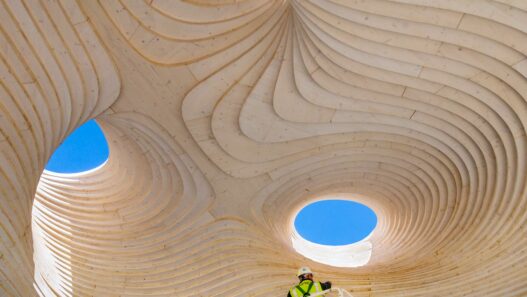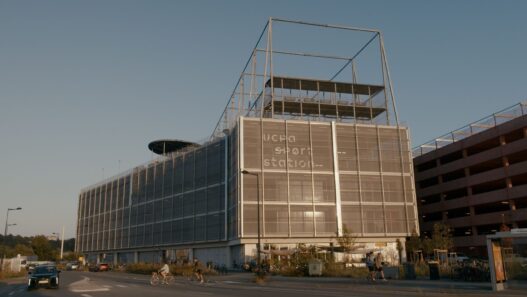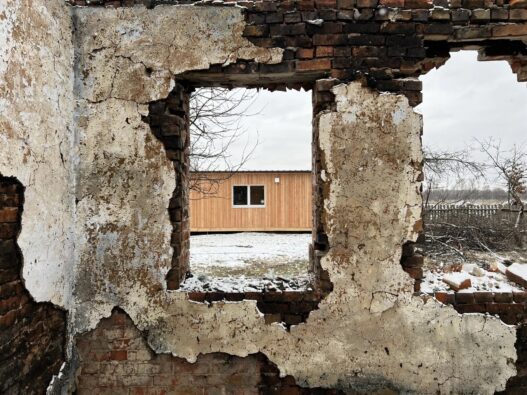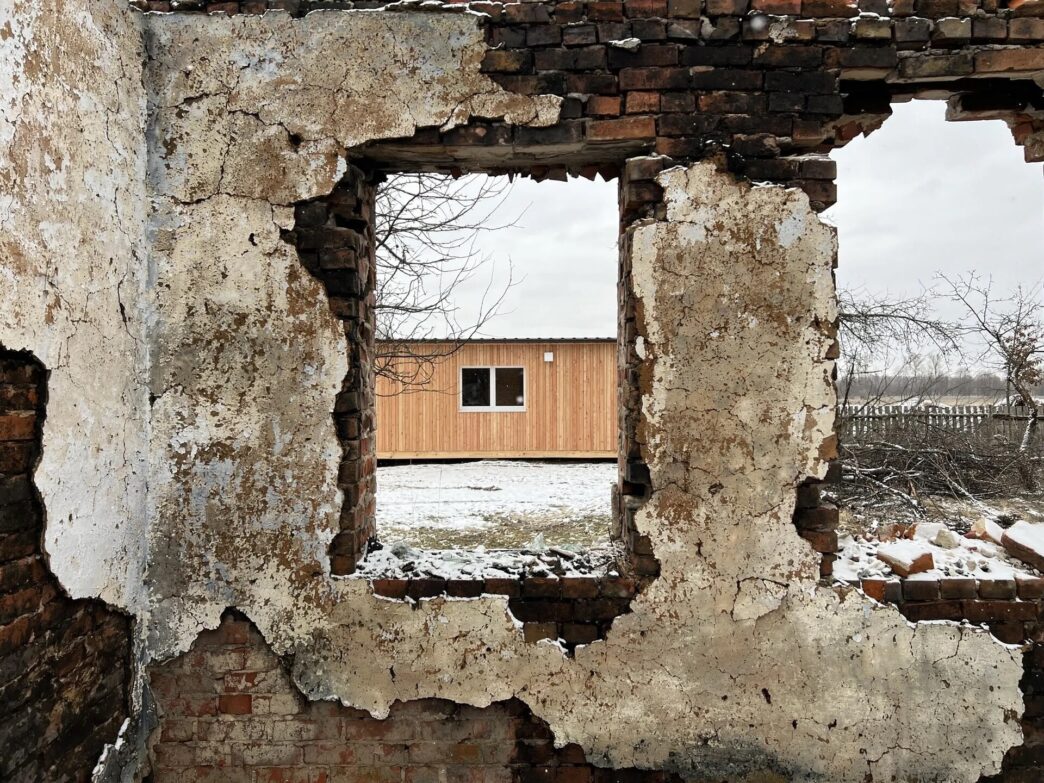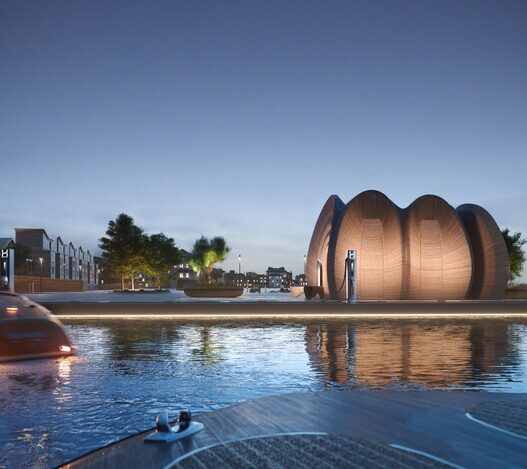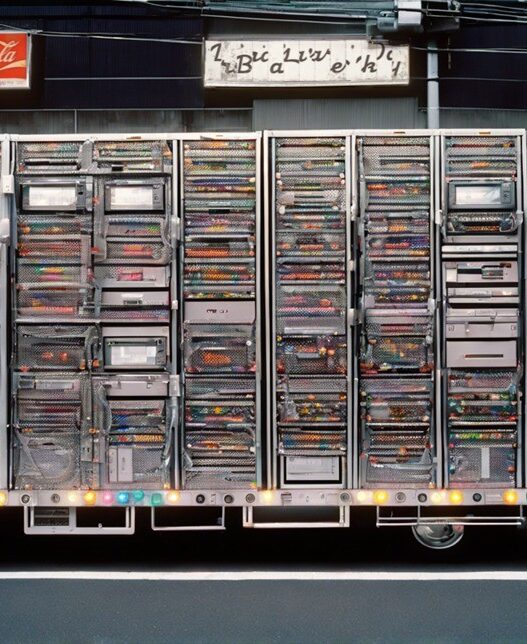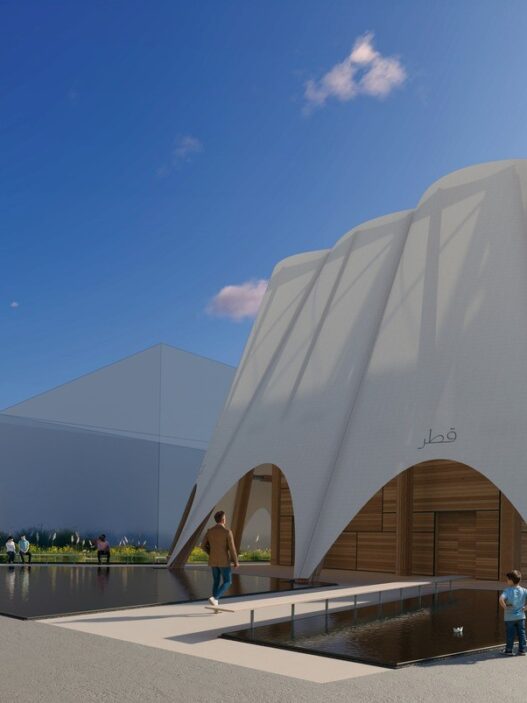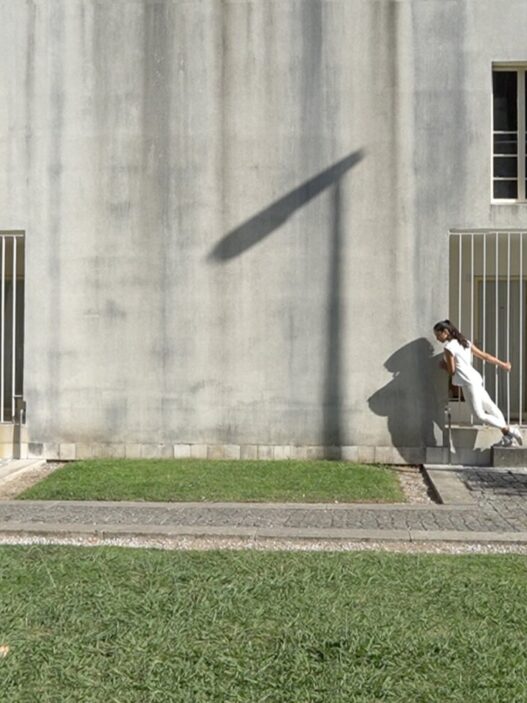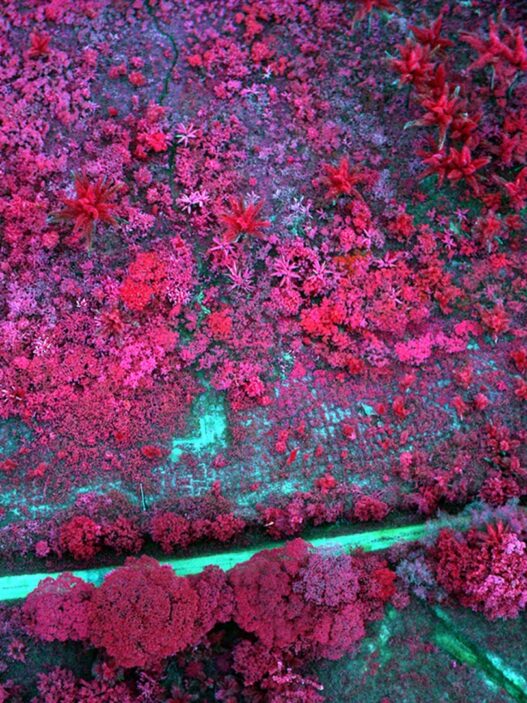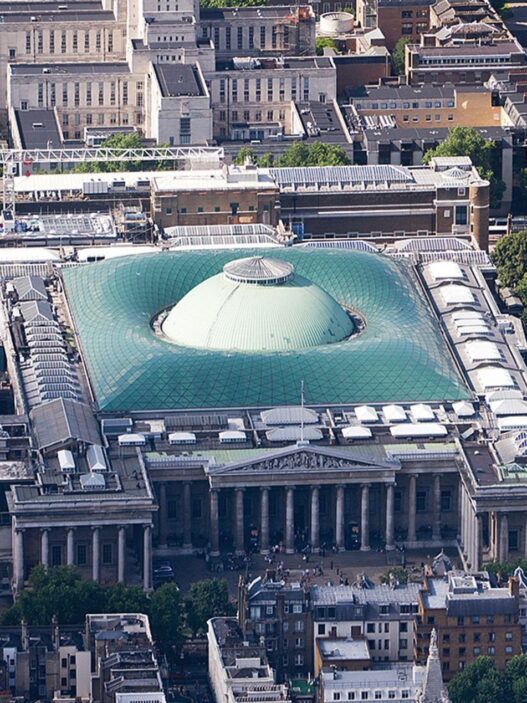ETH with Ukraine—Exchanging Knowledge for a Sustainable and Resilient Future
January 24–February 5, 2024
Exhibition opening: January 24, 6–9pm
The exhibition, ETH with Ukraine—Exchanging Knowledge for a Sustainable and Resilient Future, is a watershed moment for the Swiss Network with Ukraine, since it showcases the first collaborative initiatives established by members. These projects are the outcome of close collaboration between Ukrainian network members headquartered in Switzerland and partner organizations in Ukraine. The exhibition offers direct and firsthand insight into Ukraine’s past, present, and future reconstruction, as well as the underlying networks of support across the rest of Europe.
In response to Russia’s invasion of Ukraine in 2022, ETH Zürich established the Swiss Network with Ukraine. It serves as a dynamic forum for individuals and organizations, hosted by ETH Zürich and supported by the Departments of Architecture (D-ARCH) and Civil, Environmental, and Geomatics Engineering (D-BAUG). The network’s goal is to connect the immediate suffering of Ukraine’s war realities with potential for reconstruction in an atmosphere of solidarity, sustainability, and democracy. The network, which places a deliberate emphasis on decentralised restoration, includes both short-term relief measures and long-term developmental initiatives on local and global scales.
ETH-Ukraine is the first significant expression of these joint activities, defining the interdisciplinary and transnational programs that are fueling existing and future rehabilitation efforts in Ukraine. The exhibition is organized into seven thematic clusters that mirror the organizational structure of the Swiss Network with Ukraine: Mapping Ukraine, Refurbishment and Material Supply, IBA Ukraine, Housing and Spatial Planning, Agriculture and Energy, Capacity Building and Education, and the Ukrainian Community and Culture Platform.
Each theme cluster in the exhibition functions as a curated repository for multimedia presentations, which include text, drawings, models, movies, interactive installations, and building components. These presentations provide a thorough overview, including documentation and mapping of wartime destruction, as well as spatial information. They highlight the effective work of grassroots organizations in Ukraine and propose alternative methods of sourcing building materials for wartime reconstruction. Furthermore, the exhibition throws light on scientific research, planning, and organizational frameworks that shape postwar recovery and reconstruction visions in Ukraine.
The exhibition goes beyond its role as a mere showcase, emerging as a catalyzing force, encouraging the identification of synergies, exploring avenues for multiplying positive impacts, and sparking debates about how academic institutions can supplement the work of NGOs, businesses, and national and international institutions to effectively respond to the challenges posed by massive destruction. Finally, ETH’s partnership with Ukraine demonstrates the importance of collaboration, information sharing, and collective determination in defining Ukraine’s sustainable and resilient future.
ETH Zürich
Rämistrasse 101
8092 Zürich
Switzerland




